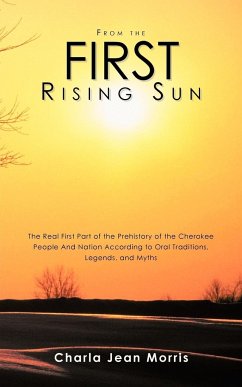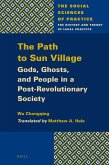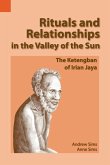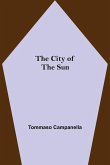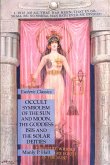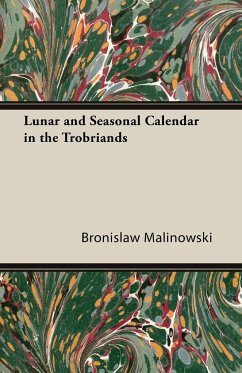While in medical school (which I did not have the privilege of completing), once a week we had a small group discussion class called Focus On Problems. Each group had a leader, a member of the medical school staff or someone closely associated with the school, usually an MD or Ph.D. Our group leader was Dean of the Medical School, H. David Wilson, MD. One class period focused on working with patients of different ethnic backgrounds. Dr. Wilson asked me what were some of the traditions of my tribe in regard to medicine that would be helpful for a doctor to know. My reply was that I had been raised like a white, that I had grown up learning about various herbal and natural remedies, but that I knew nothing about the specific medical traditions, ceremonial or secular, of my people. I had always longed to know of the traditions of my people before that, but circumstances of my family history had not allowed it. That question in the Focus On Problems class caused that longing to intensify into a sharp pang of longing that would not be satisfied until many years later. While in the first two years of medical school as a nontraditional student, I was in an environment that encouraged the development of the knowledge of Native American traditions. We had Native American speakers that came and elaborated on Native American traditions. One area that was lacking was tribal histories, not recent tribal histories, but what academics label prehistory. I remember one of the speakers sitting at my table after her presentation. I commented to her that when white man came, they did all they could to destroy our social and religious fabric, so the old traditions were not passed down to most of the remaining members of the tribes. "Now we know nothing of our old history. There is nothing left. The white side of my family history is easy to know, but not my Cherokee and Choctaw side." She replied by saying that, yes, many of our peoples have lost their old traditions, and it is sad, but there is hope because there are ways to find our prehistory and there are people working on finding our prehistory right now." Well, that was indeed good news.

